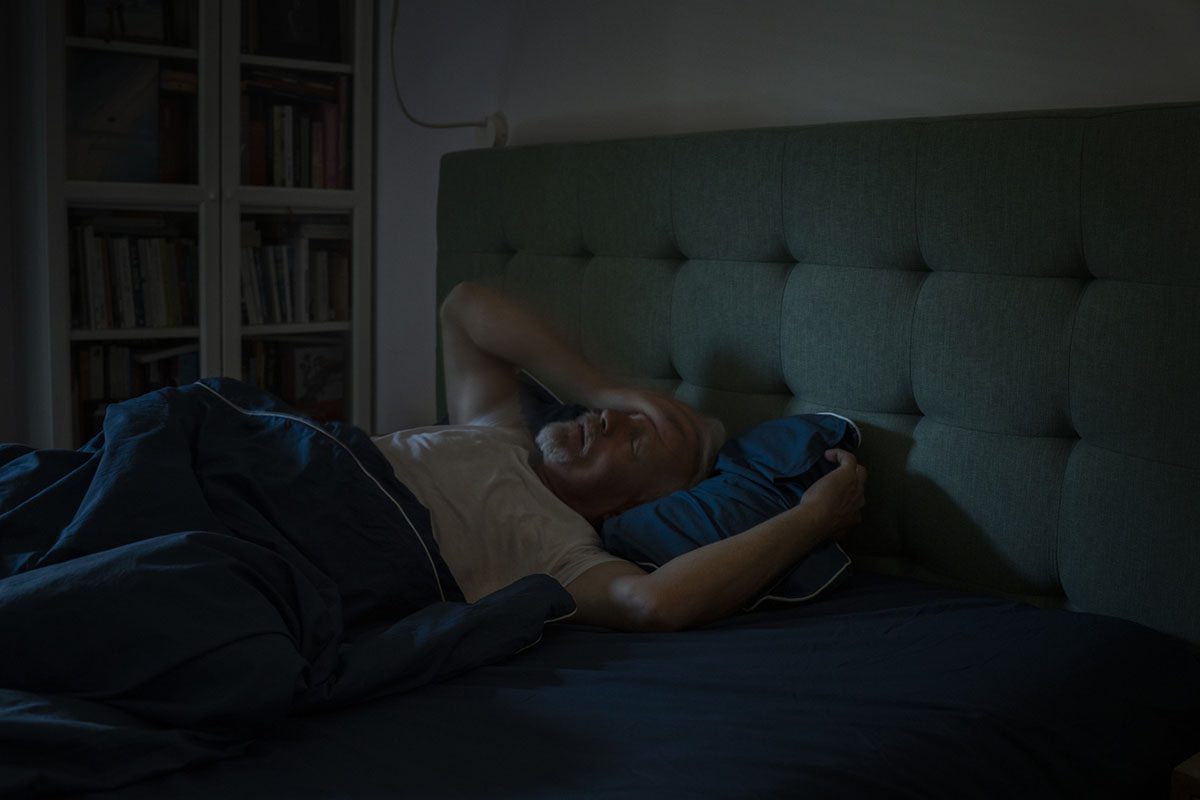Background: Antidepressant-inducedperiodic limb movement disorder (PLMD) may limit the tolerabilityof some antidepressant medications and interfere with treatmentresponse. Given the role of dopamine in PLMD and the effects ofbupropion sustained-release (SR) on central dopaminergicfunction, we hypothesized that bupropion SR would not beassociated with antidepressant-induced PLMD.
Method: In an expanded case-seriesdesign, we compared the effects of bupropion SR, after about 10weeks of treatment, on measures of PLMD, depression, and sleep in5 depressed (Research Diagnostic Criteria) patients who also metcriteria for having pretreatment PLMD. Depression was measuredusing the Beck Depression Inventory and the Hamilton Rating Scalefor Depression. Patients were considered to have PLMD ifpolysomnographic recordings showed > 5 periodic limbmovements/hour of sleep that were associated with arousals fromsleep.
Results: Bupropion SR treatment wasassociated with a reduction in measures of PLMD and animprovement in depression.
Conclusion: These results show thatbupropion SR is not associated with antidepressant-induced PLMD.Rather, bupropion SR treatment reduces objective measures of PLMDin depressed patients with the disorder.
Enjoy this premium PDF as part of your membership benefits!





